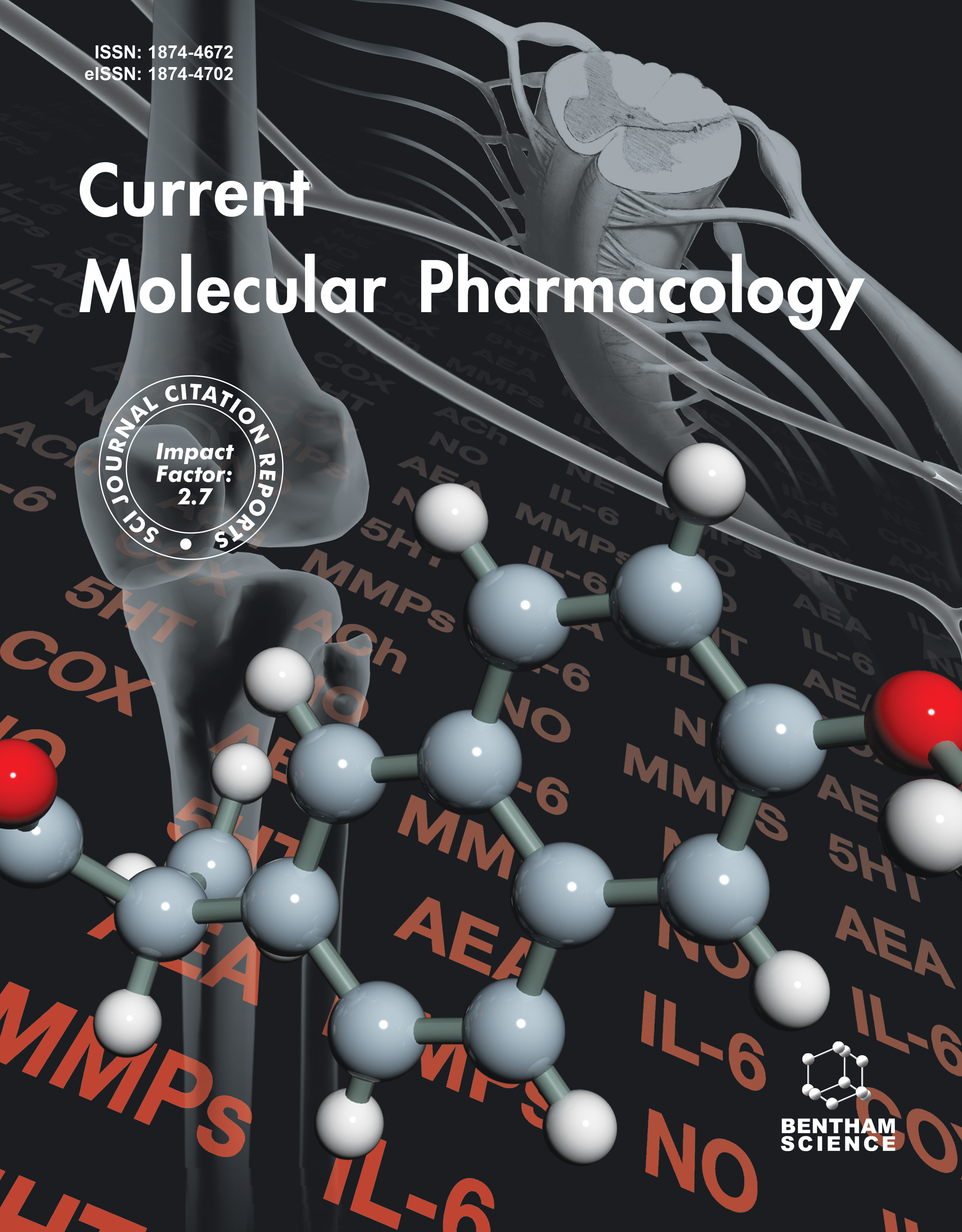-
s Peroxisome Proliferator-Activated Receptor-γ (PPAR-γ) Agonists on Glycemic Control, Lipid Profile and Cardiovascular Risk
- Source: Current Molecular Pharmacology, Volume 5, Issue 2, Jun 2012, p. 272 - 281
-
- 01 Jun 2012
Abstract
Peroxisome proliferator-activated receptor (PPAR) is involved in the pathology of numerous diseases including obesity, diabetes, and atherosclerosis, because of its role in decreasing insulin resistance and inflammation. Type 2 diabetes mellitus and obesity are the most frequent endocrine-metabolic diseases and their pathogenic basis are characterized by insulin resistance and insulin secretion defects that can be demonstrated through several alterations in carbohydrates, lipids, and protein metabolism. For that reason a class of compounds, called thiazolidinediones, has been developed for the management of type 2 diabetes mellitus. Thiazolidinediones are PPAR-γ agonists regulating the expression of several genes involved in the regulation of glucose, lipid and protein metabolism, enhancing the action of insulin in insulin-sensitive tissue by increasing glucose uptake in skeletal muscle and adipose tissue, and decreasing hepatic glucose production. Pioglitazone is the only available PPAR-γ agonist for the treatment of type 2 diabetes after rosiglitazone withdrawal from several countries. This review discusses the safety and effectiveness of pioglitazone in the clinical practice for the treatment of type 2 diabetes mellitus.


